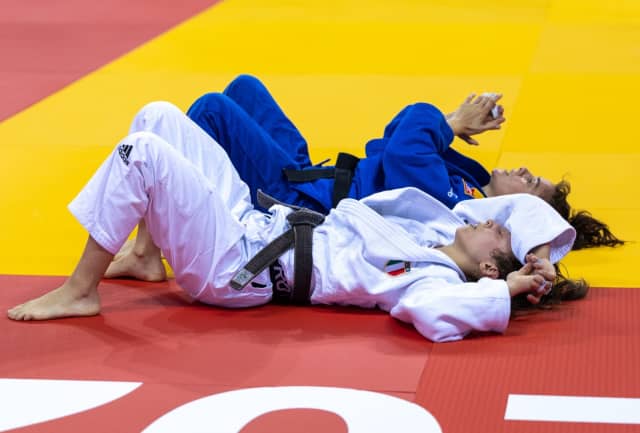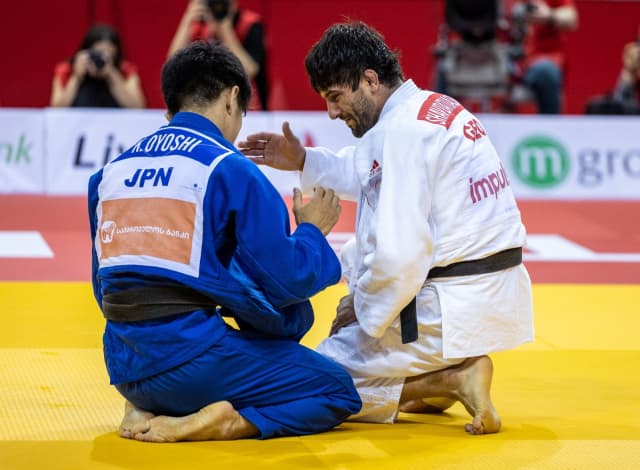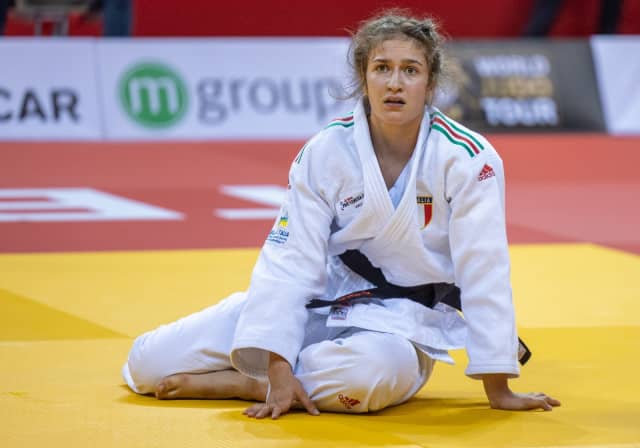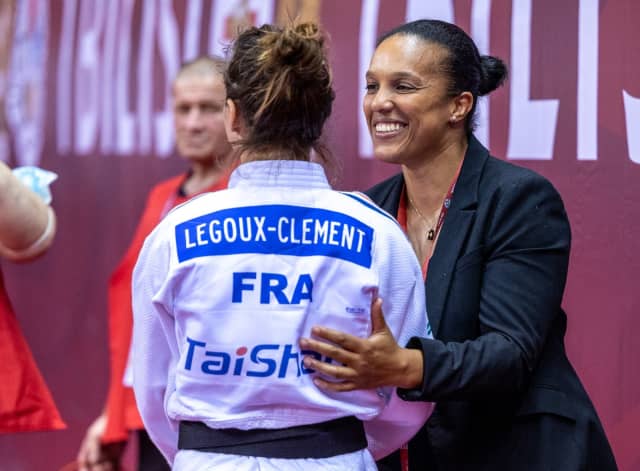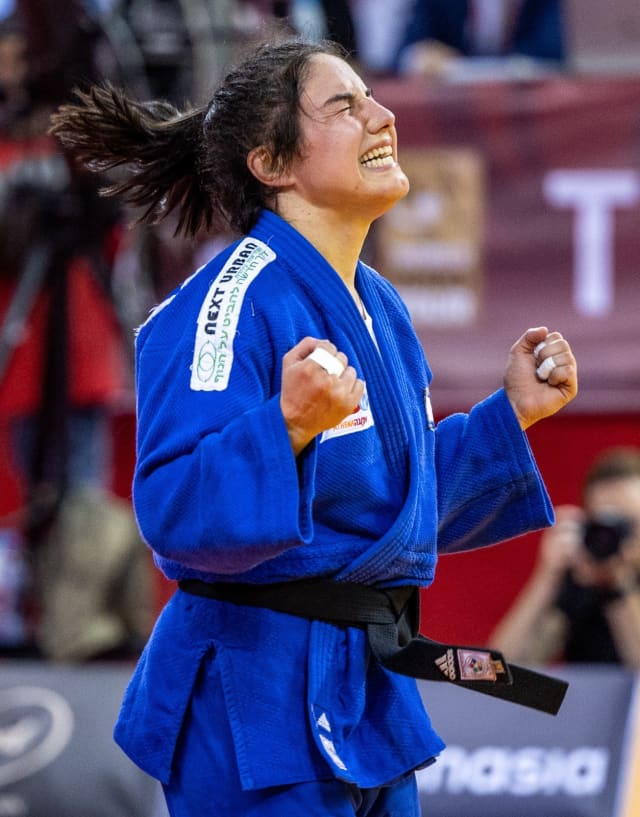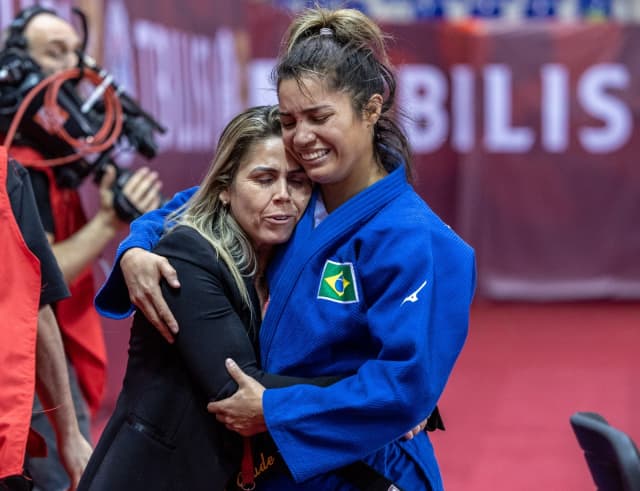To really aim towards the top, judo requires that you employ the highest levels of discipline. There is sacrifice. There are horribly difficult choices. Let’s not even mention injuries and rehab and the enforced barriers from competition that have to be adhered to for the longer term. If you want full colour, sometimes you have to endure black and white.
Judo will break your heart but there is something about the glue that seals that ravine that chains you to others in a shared understanding of what it took to stand up again.
Maybe it is the sharing that makes it possible to continue. With a winner and a loser they are still side by side, sharing the moment. There is no need to say anything, just being together and building the respect that then follows you through your career, is enough.
Often at judo competitions the fighters and the coaches will walk around doing what they need to do before contests or between contests and they just nod at one another. Maybe no handshake, maybe no conversation. It isn't distance or a desire to be aloof. It is an acceptance that each and every one already knows the enormous mental game you are playing with yourself at any given moment. It's the generous donation of space and time, permitting every judoka to enter their tournament with the right uninterrupted preparation. It is respect.
We see these moments over and over again. There is honesty on both faces, one offering support to the loser and the other offering acknowledgement to the victor. Again, it is shared and again it is full of respect.
Then there are these moments, the shock and then the realisation of defeat, knowing that despite giving all you had, you weren't good enough on that day. It's hard to see judoka feel this way; the intensity of the disappointment is something we can all remember at different times. It's a lonely place, even with the empathy of everyone in the arena, even with your coach standing only a few metres away. The work to get to this point is immense and the loss reflects the investment.
What is certain is that those who recover from these moments and who do so quickly, they are the champions of the future. That resilience breeds success; we have seen it over and over again.
Melanie Legoux-Clement is one of the best examples of resilience. She is one of the older athletes on the circuit and no matter what comes her way, she shields herself and finds a way around the challenge that never dulls her shine. She was gazumped for the Olympic Games by a younger judoka and that was a very tough decision to absorb. She stood tall on the Tour no matter what the Olympics meant to her and she has kept forging forward ever since. In Tbilisi she was on the podium and that brought a range of emotions: satisfaction for Clement, pride for coach Decosse. Such is the great range of emotion that judo throws at us.
From pride to frustration, from satisfaction to disappointment and great joy to immense relief, the full compliment of emotions is felt at each and every event. None are small, matching the intensity and effort that judo commands. All can bring tears and all can bring whole nations together, moreover whole diverse communities.
Our great strength is in our shared understanding of the impact of judo on our hearts and lives. We give what we give because no matter how hard it is, it is worth it.


